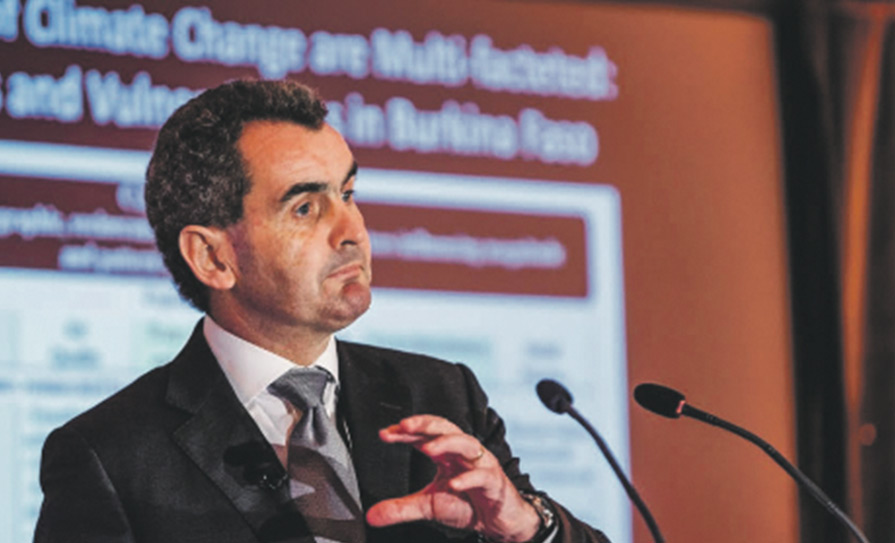
Climate change will have an impact on the health system, including cancer care provision, the Gathering Around Cancer 2023 meeting was told. Prof Seamus O’Reilly, Consultant Medical Oncologist, Cork University Hospital, spoke on the topic of climate change and cancer at the conference.
Prof O’Reilly said that “the impact of climate change on cancer care, and healthcare is profound”. He noted that there is a “cascade of events” contributing to the crisis.
These include the impact of extreme weather events, such as the smoke generated by wildfires, on cancer patients in recovery.
As well as the impact of climate change on patient care, Prof O’Reilly also highlighted the impact of healthcare provision on carbon emissions.
“Modern healthcare is not an innocent bystander in this,” Prof O’Reilly told delegates.
He noted the UK’s health system’s carbon footprint is the same as the entire output of the nation of Croatia.
“And the carbon footprint of American healthcare alone is the same as the entire nation of the UK.”
Prof O’Reilly added that 1 per cent of global carbon emissions relate to radiology procedures.
He said there needed to be greater awareness of the impact of healthcare on climate change.
Prof O’Reilly said it was concerning that “only 15 per cent of medical students are taught about climate change in our universities”.
In a positive development, however, he outlined the work of the new national green clinical trials initiative.
This has recently integrated with the “RCSI green initiative to look at how we can improve our trials in terms of carbon footprint and how we can engage with climate change initiatives”.
Prof O’Reilly also referred to a ‘green charter’ produced by Cancer Trials Ireland.
He said that doctors can play a positive role by becoming more aware of the climate impact of the medicine they prescribe and the diagnostic testing they utilise.
“What we can do is reduce the carbon footprint of healthcare by doing less,” he said.
Prof O’Reilly stated that some 30 per cent “of what we do is excessive healthcare and may be of low value benefit”.
“We heard today [at the conference] about nurse-led clinics, well something like that will reduce medical waste because it will make prescribing more efficient.”
Prof O’Reilly also highlighted research that looked at the carbon footprint created by in-person medical conferences compared to the lower impact of online conferences. He acknowledged that this posed difficulties, as in-person conferences provided greater opportunities for meaningful professional networking and engagement compared to those conducted online.
He also highlighted that many medical societies need the finance generated at in-person conferences to function.
Prof O’Reilly discussed the vital role of public health legislation in this area. He said that healthcare needed to reduce “inappropriate” prescribing. “We [also] need to integrate climate awareness into what we do,” he said.
“We need to be stronger voices in our community on how this is impacting our patients.”





Leave a Reply
You must be logged in to post a comment.